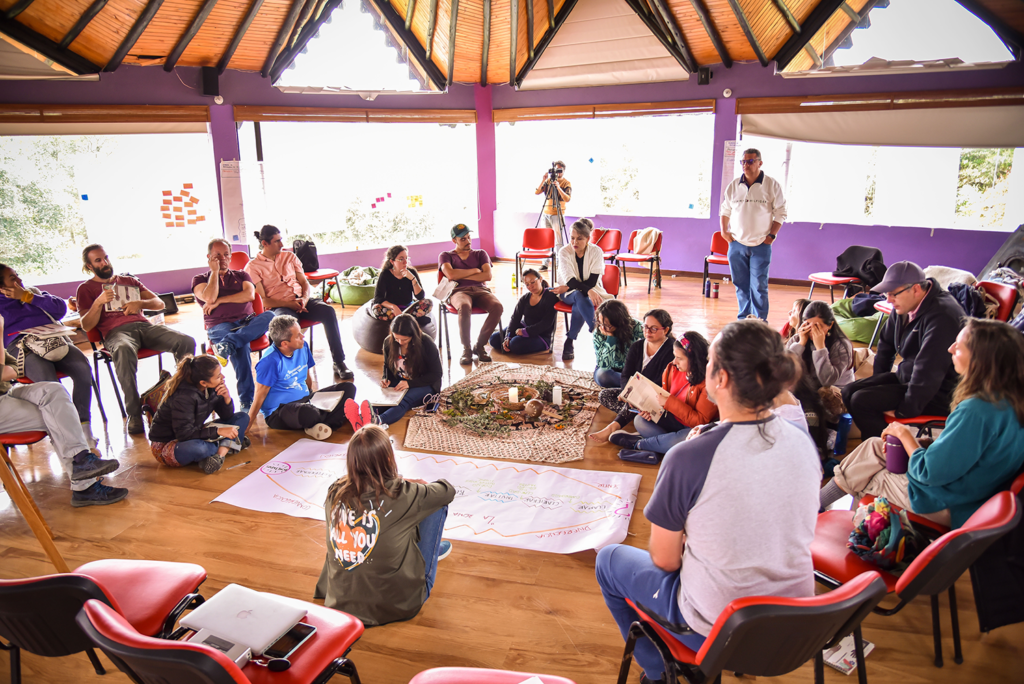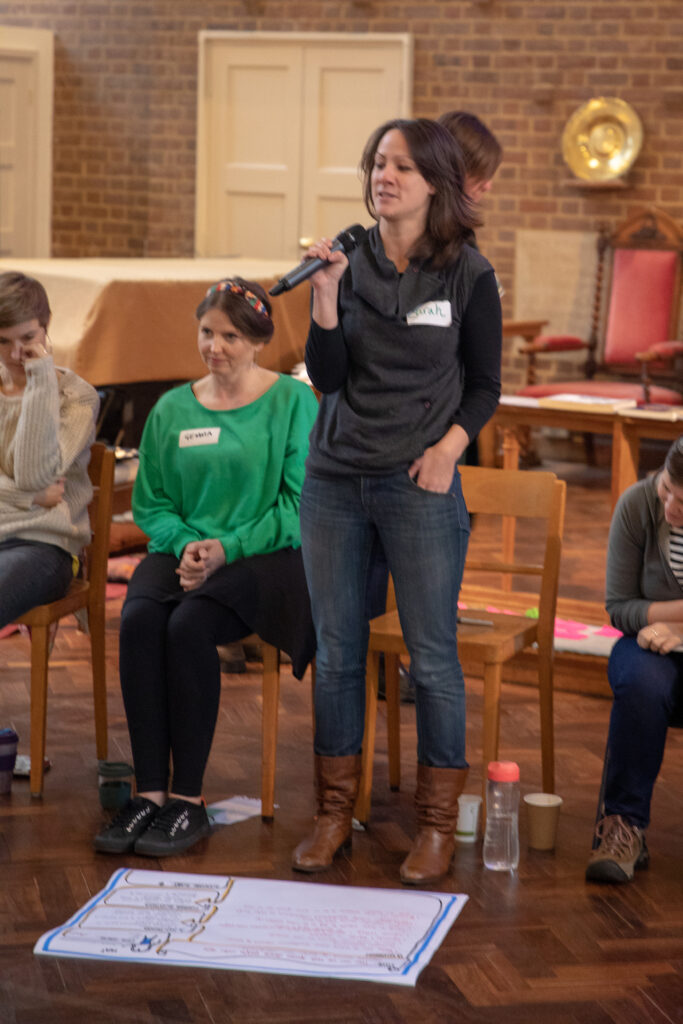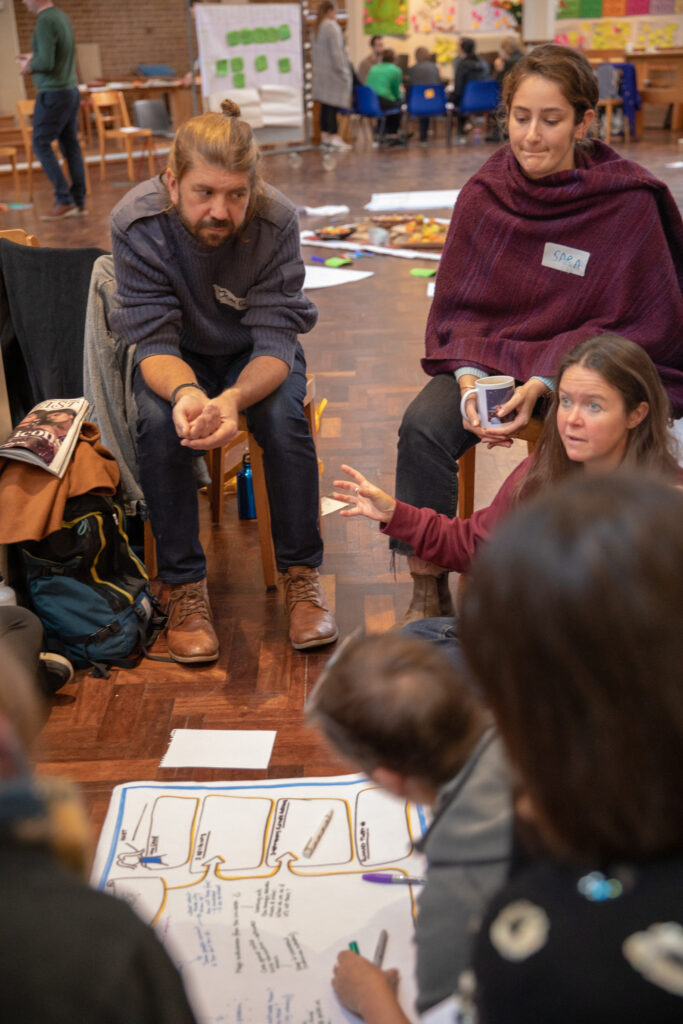Appreciative Inquiry
Appreciative Inquiry has been defined as:

Appreciative Inquiry is a strategy for creating change that identifies the best of ‘what is’ in order to pursue dreams and possibilities of ‘what could be’. It is a cooperative search for strengths, passions and life-giving forces that are found within every system that hold potential for inspired, positive change.(Cooperrider & Srivastva, 1987)
What is Appreciative Inquiry Good For?
Appreciative Inquiry is useful when a different perspective is needed, or when we wish to begin a new process from a fresh, positive vantage point. It can help move a group that is stuck in ‘what is’ move towards ‘what could be’. Appreciative Inquiry can be used with individuals, partners, small groups, or large organisations.
Assumptions:
- In every community something works.
- What we focus on becomes our reality.
- Reality is created in the moment – there is more than one reality.
- The act of asking questions influences the community in some way.
- People have more confidence and comfort to journey to the future when they carry forward parts of the past.
- If we carry forward parts of the past, they should be what is best.
- It is important to value difference.
- The language we use creates our reality.
Appreciative Inquiry – working with what’s possible.
- Appreciating and valuing the best of ‘what is’.
- Envisioning ‘what might be’.
- Dialogue about ‘what could be’ and create ‘what will be’.
- Basic assumption: an organisation is a mystery to be embraced.

What does an Appreciative Inquiry process look like?

Appreciative Inquiry can be done as a longer structured process going through phases of:
DISCOVER: identifying organisational processes that work well.
DREAM: envisioning processes that would work well in the future.
DESIGN: planning and prioritising those processes.
DELIVER: implementing the proposed design.
The basic idea is to build organisations around what works, rather than trying to fix what doesn’t.
At the centre is a positive topic choice – even the first question contains the seeds of the change we are looking to enact. Appreciative Inquiry can also be used as a way of opening a meeting or conversation by identifying what already works, for example, what do you value most about your self/work/organisation?

